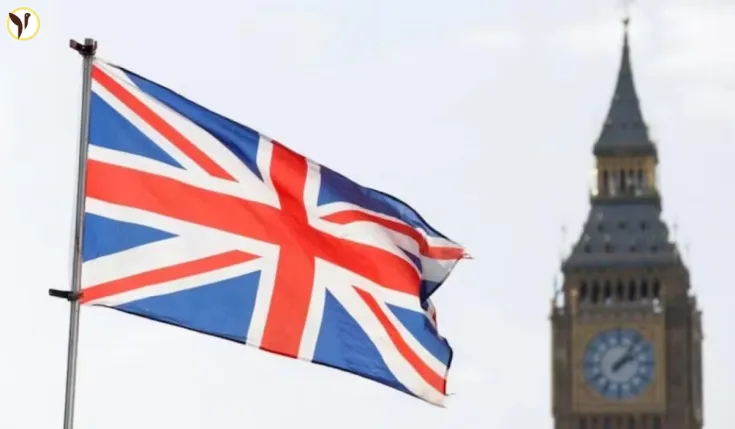UK Immigration Rules White Paper: A Tougher Stance
The UK government recently unveiled a significant overhaul of its immigration system, sparking considerable debate. Prime Minister Keir Starmer's "Immigration White Paper" promises stricter rules across the board, aiming for "significant reductions" in net migration. But the policy has faced strong criticism, with accusations of echoing far-right rhetoric and concerns about its impact on key sectors.
Key Changes in the UK Immigration White Paper
The white paper introduces a range of changes impacting various visa categories:
- Higher Skill Thresholds: Skilled worker visas will now require a university degree, and salary thresholds will increase. This aims to attract higher-skilled workers and reduce reliance on low-skilled migrants.
- Increased English Language Requirements: Stringent English language proficiency tests will be mandatory for all applicants, including dependents. This is intended to ensure better integration.
- Ban on Overseas Care Workers: The recruitment of care workers from abroad will be halted. This has sparked significant concern within the care sector, which heavily relies on international staff. The government argues this will encourage the development of a domestic workforce.
- Longer Settlement Period: The time required to apply for permanent residency will increase from five to ten years. Exceptions might be made for high-contributing individuals.
- Increased Immigration Skills Charge: Employers sponsoring overseas workers will face a 32% increase in the Immigration Skills Charge.
- Shorter Graduate Visas: Post-study work visas for graduates will be reduced from two years to 18 months.
- Potential Levy on International Student Revenue: The government is exploring a levy on university income from international students, with the funds potentially used to support domestic education.
- Mandatory Digital IDs: All overseas citizens will be required to have a digital identity.
Impact and Criticism: The policy has not been met with universal approval. Many critics, including Labour MPs, trade unions, and charities, have condemned the language used by the Prime Minister, comparing it to that of the far-right. Concerns have been raised about the potential negative impacts on the care sector and the construction industry, both of which rely heavily on foreign workers. The proposed levy on international students also raises concerns about the UK's attractiveness as a study destination.
Government Response: The government defends the policy as necessary to restore order and control to the immigration system, reduce net migration, and promote economic growth. They emphasize the importance of investing in domestic skills and training, but details on how this will be achieved remain scarce. The Home Office estimates the changes could lead to a 100,000 drop in immigration per year by 2029.
International Reactions: The British High Commission in Nigeria has acknowledged the white paper, expressing its commitment to working with the Nigerian government once implementation details are finalized. This highlights the global impact of the UK's immigration policies.
Conclusion: A Pivotal Shift in UK Immigration Policy
The UK Immigration White Paper represents a significant shift toward stricter immigration controls. While the government aims to address concerns about uncontrolled migration and invest in domestic skills, the policy's potential consequences remain a source of intense debate. The long-term effects on various sectors, particularly those relying heavily on foreign workers, and the broader societal implications remain to be seen. Only time will tell whether these changes achieve their stated goals without creating unintended negative consequences.






